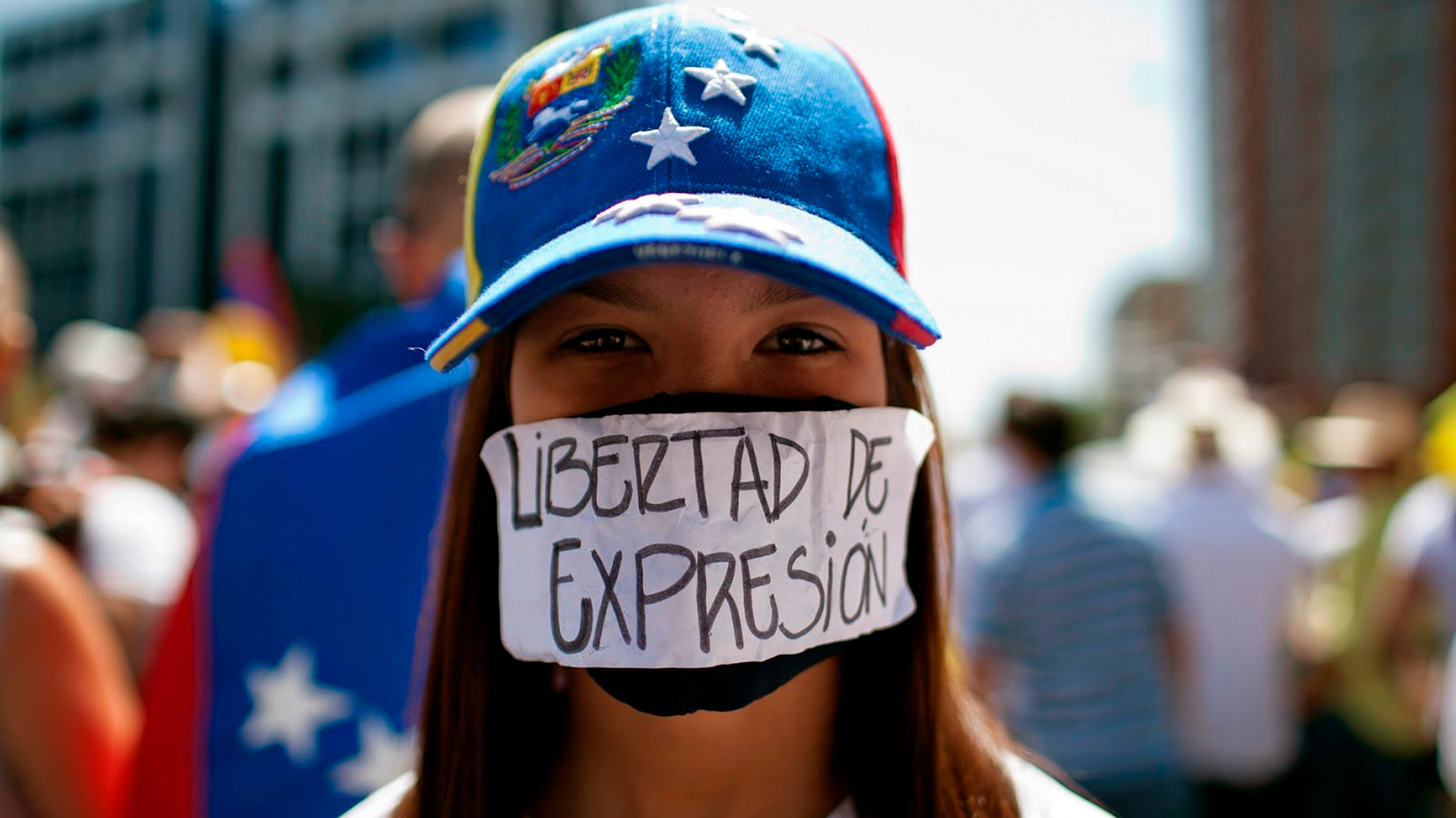
The Venezuelan Institute Prensa y Sociedad (Ipys) recorded “14 cases of limitations to the press” last March, which represented 18 violations characterized by intimidation, arbitrariness and refusal to approach news sources.
“During that month (March), Ipys Venezuela recorded 14 cases that represented 18 violations of the press included five restrictions on access to information, five incidents of stigmatizing speech, four attacks and attacks, three censorship measures and one act of abusive use of state power,” the NGO said in a statement. published on its website.
The organization, which defends freedom of the press and the right to information in Venezuela, indicated that these cases affected four media outlets, one human rights organization, 32 press workers and one activist.
“Of the 14 cases of limitations to the press during the third month of 2022, 10 of them occurred in the traditional environment, while four in the digital rights environment,” said the NGO.
Among the events documented by this organization during the month of March is the closure of the Activa 89.3 FM station, in El Tigre, Anzoátegui state, which “went off the air when the National Telecommunications Commission (Conatel) seized its equipment.”

He also outlined the restrictions on access to information in public institutions suffered on March 7 by journalists Zulma López, from Punto de Corte; Fabiola Niño, from Televen; and Luzfrandy Contreras and Freddy Villamizar, from the Regional Televisora del Táchira (TRT), in the state of Táchira.
In addition, Ipys Venezuela referred to the Network Bill, which is being developed within the Communication and Information Subcommittee of the Venezuelan Parliament and expressed its concern about this instrument, which, in its view, could be “another mechanism, exercised by the State, to censor information freedoms in the country.”
“Social networks have become windows for accessing information in Venezuela in the face of the disappearance of traditional media that have been systematically persecuted by the State. But even in cyberspace, it has been reflected how power uses legal instruments arbitrarily to silence dissenting voices,” the NGO said about it.
On February 3, the Inter-American Press Association (IAPA) denounced the “upsurge” of “violations of freedom of expression” in Venezuela and condemned the “blockade of digital media” and “illegal use of personal data to harass journalists.”
In the resolution, regarding the blockade of three digital media, the IAPA emphasized that “the relentless persecution of media and journalists, as well as the blocking of the few media that still publish on the Internet, has almost completed the regime's plan of communication hegemony, similar to the Cuban model.”
(With information from EFE)
KEEP READING:
Últimas Noticias
Debanhi Escobar: they secured the motel where she was found lifeless in a cistern
Members of the Specialized Prosecutor's Office in Nuevo León secured the Nueva Castilla Motel as part of the investigations into the case

The oldest person in the world died at the age of 119
Kane Tanaka lived in Japan. She was born six months earlier than George Orwell, the same year that the Wright brothers first flew, and Marie Curie became the first woman to win a Nobel Prize

Macabre find in CDMX: they left a body bagged and tied in a taxi
The body was left in the back seats of the car. It was covered with black bags and tied with industrial tape
The eagles of America will face Manchester City in a duel of legends. Here are the details
The top Mexican football champion will play a match with Pep Guardiola's squad in the Lone Star Cup

Why is it good to bring dogs out to know the world when they are puppies
A so-called protection against the spread of diseases threatens the integral development of dogs




